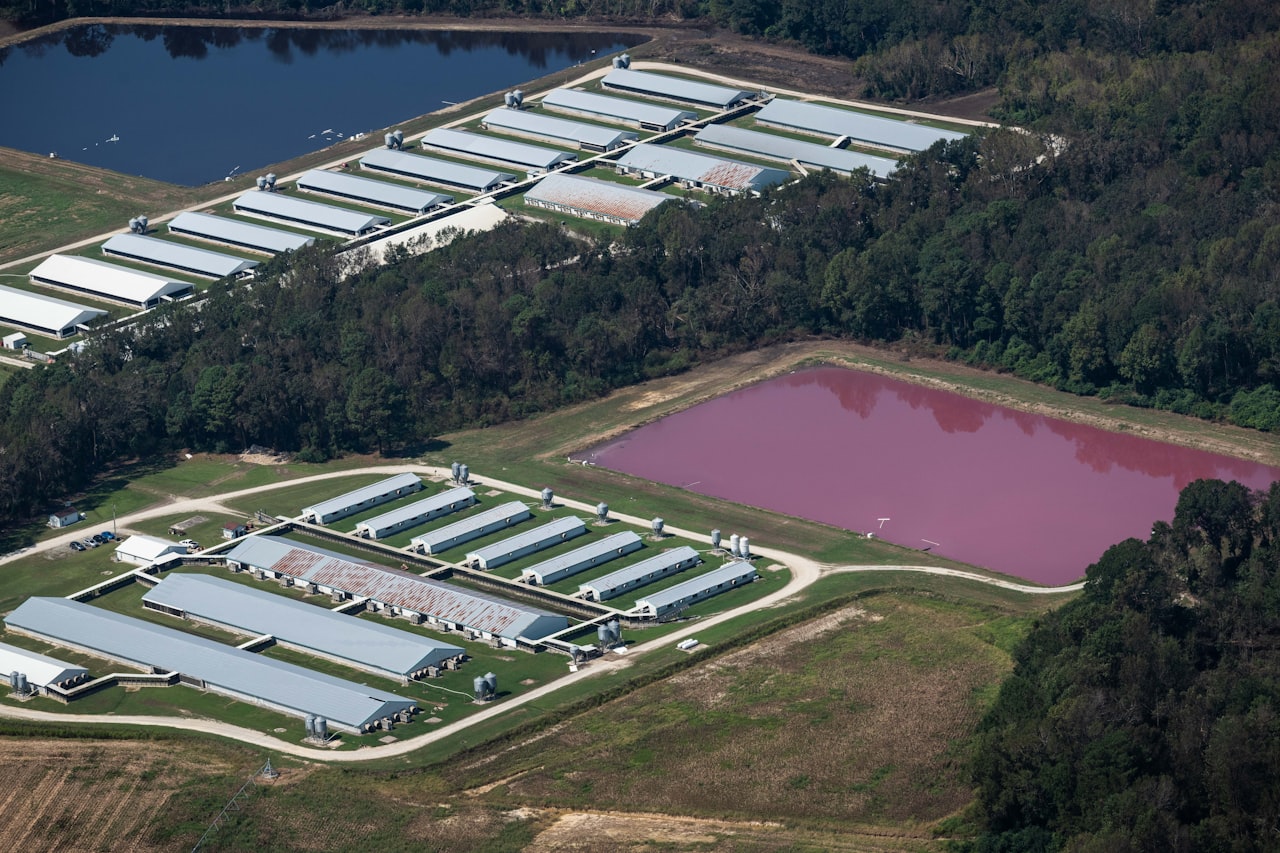There is something mesmerizing about sitting around a campfire with friends while roasting a hotdog, swapping tall tales, singing and just relaxing. And nothing says “party” like a big bonfire. Even a cookout, whether it be lighting the grill to cook burgers or steaks or a bigger event like an oyster roast or a pig picking, you must remember you are dealing with fire.
Burning is also a traditional method for clearing land and getting rid of storm debris. For the protection of your farm property and the land surrounding it there are important regulations to follow before you light any fire. In addition, we must be aware of protecting our air quality. You can be fined up to $10,000, sometimes more, for not following those the regulations.
Before You Burn
The weather conditions must be right. Check the forecast before burning. Wind can carry even the smallest spark to ignite dry grass or leaves, starting a brush fire.
Find out if you need a burn permit which is free and issued your county’s Forest Service office. You do not normally need a permit of you are burning greater than 500 feet from any woodland, not closer than 100 feet to an occupied dwelling or not burning inside a municipal city limits. Permits can be canceled if it is windy. Also, know that having a burn permit does not excuse you from following the burn rules. In addition to state laws some localities have additional regulations. Your county Forest Service office will have that information.
Prepare your location
Be sure you locate your fire away from power lines, trees, and other vegetation, buildings or vehicles. The ground around the fire should be gravel or dirt for at least ten feet. For campfires keep the fire in a pit surrounded by rocks or a container such as a barrel or grill.
Be Safe Starting Your Fire
To build a fire never use gasoline or other flammable liquids. Start with dry twigs and add larger sticks as the fire builds up.
What You Can Burn
Before you burn know what you can and cannot add to your fire. It is only permissible to burn branches, leaves and other plant material. You may be surprised that it is not legal to burn garbage, paper and cardboard, or even lumber. It is also illegal to burn tires and other rubber products, wire, plastics and synthetic materials, asphalt shingles, heavy oils, paints, household and agricultural chemicals.
Being Safe Around the Fire
Keep pets and children away from the fire. Teach children fire safety and how to stop, drop and roll in case their clothes catch fire.
Be sure the have plenty of water nearby, a water hose connected to a faucet is ideal. Always stay with the fire until it is completely out. When putting the fire out douse it thoroughly with water. Be sure every ember is extinguished and cooled.
Follow these guidelines to avoid endangering your property with a wildfire while enjoying a cookout or social gathering around a bonfire and when using fire while clearing land or cleaning up after a storm.










